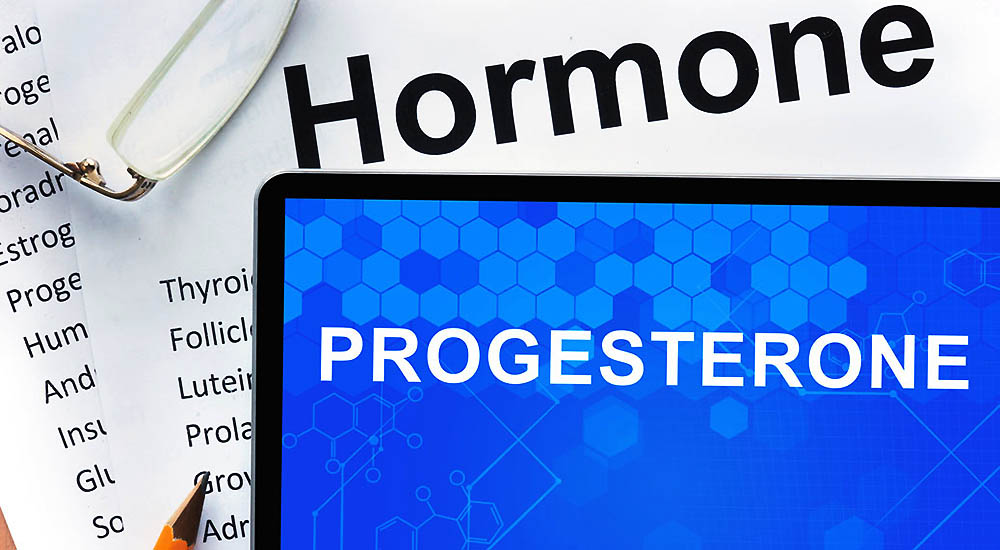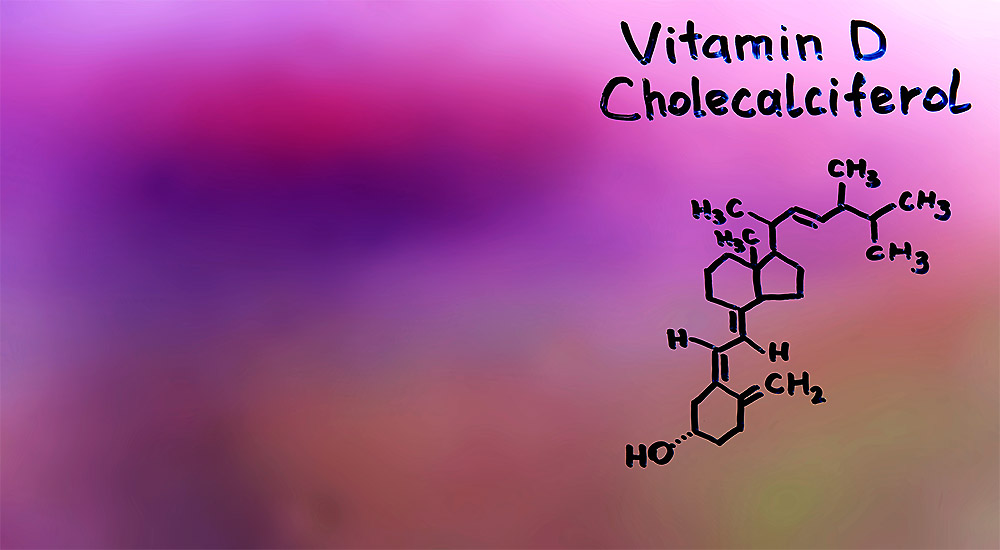Can Green Veggies Cause Thyroid Disease?

There is a lot of information circulating around on the internet about the avoidance of certain vegetables if you have thyroid disease. Not to be impolite, but why are vegetables so suspect? I get more questions about the “dangers of kale and broccoli”, but no one ever asks me if I think bacon is a great idea, just saying!
Look at the facts and fiction surrounding vegetables and thyroid disease
To begin with, it’s always good to look at the research. A 2002 study from a Cancer journal concluded “this combined analysis indicates that cruciferous vegetables are not positively related to thyroid cancer risk. Their effect does not seem to be substantially different from that of other vegetables, which appear to be protective of this cancer (they are referring to thyroid cancer). [Ref: Cancer Causes and Control October 2002, Volume 13, Issue 8, pp 765-775 A pooled analysis of case-control studies of thyroid cancer. VII. Cruciferous and other vegetables (International)]
A more recent study evaluating an increase in thyroid cancer in New Caledonia made this conclusion: “We found that high consumption of cruciferous vegetables was associated with thyroid cancer among women with low iodine intake.” [Ref: Cancer Causes and Control August 2010, Volume 21, Issue 8, pp 1183-1192Role of dietary iodine and cruciferous vegetables in thyroid cancer: a countrywide case-control study in New Caledonia]
And therein lies the crux of the matter. The problem is less with cruciferous vegetables and more with a deficiency of iodine. Why is iodine so important? It attaches to tyrosine, an amino acid, to form thyroxine, the main thyroid hormone. Not having adequate iodine will limit the production of thyroid hormone, leading to dysfunction.
One should always treat with some suspicion a claim that the foods with the highest source of phytonutrients and antioxidants, namely vegetables, especially green and cruciferous, would have a negative impact on one’s health.
Can you overdo it? Most certainly. One report on the internet cites a Chinese woman in 1945 who put herself into a coma and a life-threatening state from eating raw bok choy – specifically 15 cups per day! By the time she was admitted into the hospital, she had consumed over 1,000 cups of raw bok choy. So yes, you can overconsume anything.
The concern began in the 1950s when scientists discovered certain foods had goitrogenic properties, meaning they suppressed thyroid function and could produce a goiter. Interestingly, cruciferous vegetables, known for a cancer-protecting substance called glucosinolates were accused of potentially having the ability to inhibit iodine intake.
The question is: should you avoid the amazing anti-cancer benefits of cruceriferous vegetables because they might, perhaps inhibit iodine intake?
If you focus on getting adequate amounts of iodine from sea vegetables and Himalayan sea salt, you should not have to avoid these superfoods. Their health and anti-cancer benefits are truly unrivaled.
If you’re still concerned, blanch your cruciferous veggies quickly with boiling water. You’ll retain their nutrient value while decreasing potential goitrogenic properties.
All crucifers are not created equal as regards their goitrogenic properties. It’s estimated that one could consume 50 cups of raw cauliflower with no negative effect, while on the other end of the spectrum, three cups of raw mustard greens are likely too many. But, of course, you could cook them…
And, sorry to repeat me, but the real crux of the matter is to get sufficient iodine.
What else should you eat for a happy thyroid?
1. We mentioned Himalayan sea salt, rich in natural iodine and all the trace minerals, plus sea vegetables due to their iodine content. Nori, wakame, dulse, and hijiki are all good sources of iodine, minerals, and protein. Organic fresh strawberries are a delicious source of iodine.
2. Brazil nuts are the highest source of dietary selenium, a mineral needed to convert thyroxine to its active T3 form. You also need selenium to make glutathione, the most powerful antioxidant. 1 to 3 Brazil nuts per day is all you need.
3. Sunflower seeds are another good snack, and, along with our favorite dark chocolate (no dairy and very low sugar please) is a nice source of healthy zinc.
4. Maca is great to balance hormones, including the thyroid. Again, don’t overdo, and if you have weakened adrenals see how your body reacts to it at small doses.
What shouldn’t you eat?
1. Gluten – there is a very strong association between gluten and thyroid disease, especially autoimmune thyroid disease.
2. Soy protein isolate is a refined type of soy (note most soy, if not organic, is GMO and a potential hormone disruptor) found in food bars, soy “meat”, soy “cheese” and the like. It should be avoided regardless of the state of your thyroid.
If you’ve become “addicted” to your green smoothie in the morning and are worried about your thyroid, remember you have some options:
– Healthy smoothies can contain ingredients other than greens, so mix up your smoothie menu. Spinach is a great green that isn’t goitrogenic, so include it in a smoothie or two each week. For more ideas visit our recipe page.
– You can blanch your greens quickly and then put them in a smoothie
– Maintain a healthy iodine level and you will likely be fine with healthy greens
– Do a brief test to monitor your thyroid function on a measured dose of cruciferous vegetables and see how you do. In our experience most of our patients do fine.
Lastly, if you do have thyroid disease and it’s not under control, please consider contacting us for a FREE consultation – call 408-733-0400. We have excellent success normalizing thyroid disease and we are here to help!
I look forward to hearing from you!
Do you need help with your health?
We have the diagnostic and testing tools, the clinical experience, and a different medical approach to discovering the root cause of why you have the symptoms that are bothering you. As long as you are ready to make some dietary and lifestyle changes, we can help you. We will "hold your hand" through the changes, step by step, to make each step an easy one. We are located in Clearwater, FL, at 1000 S Ft Harrison, at the corner of Ft. Harrison Ave. and Magnolia St. There is plenty of parking space directly accessible from Ft Harrison. If it is not convenient for you to come to Root Cause Medical Clinic, we offer telehealth/telemedicine consultations to residents of certain states. Call us for details.
Contact us for a Consultation – Call 727-335-0400

Dr. Vikki Petersen DC. CCN
Founder of Root Cause Medical Clinic
Certified Functional Medicine Practitioner
Dr Vikki Petersen is a public speaker, author of two books, several eBooks and creates cutting edge content for her YouTube community. Dr Vikki is committed to bringing Root Cause Medicine and its unique approach to restoring health naturally to the world.
Ask a Doctor
Have a health concern you'd like to speak with a doctor about? Or just want clarity on a subject? Ask Us!


